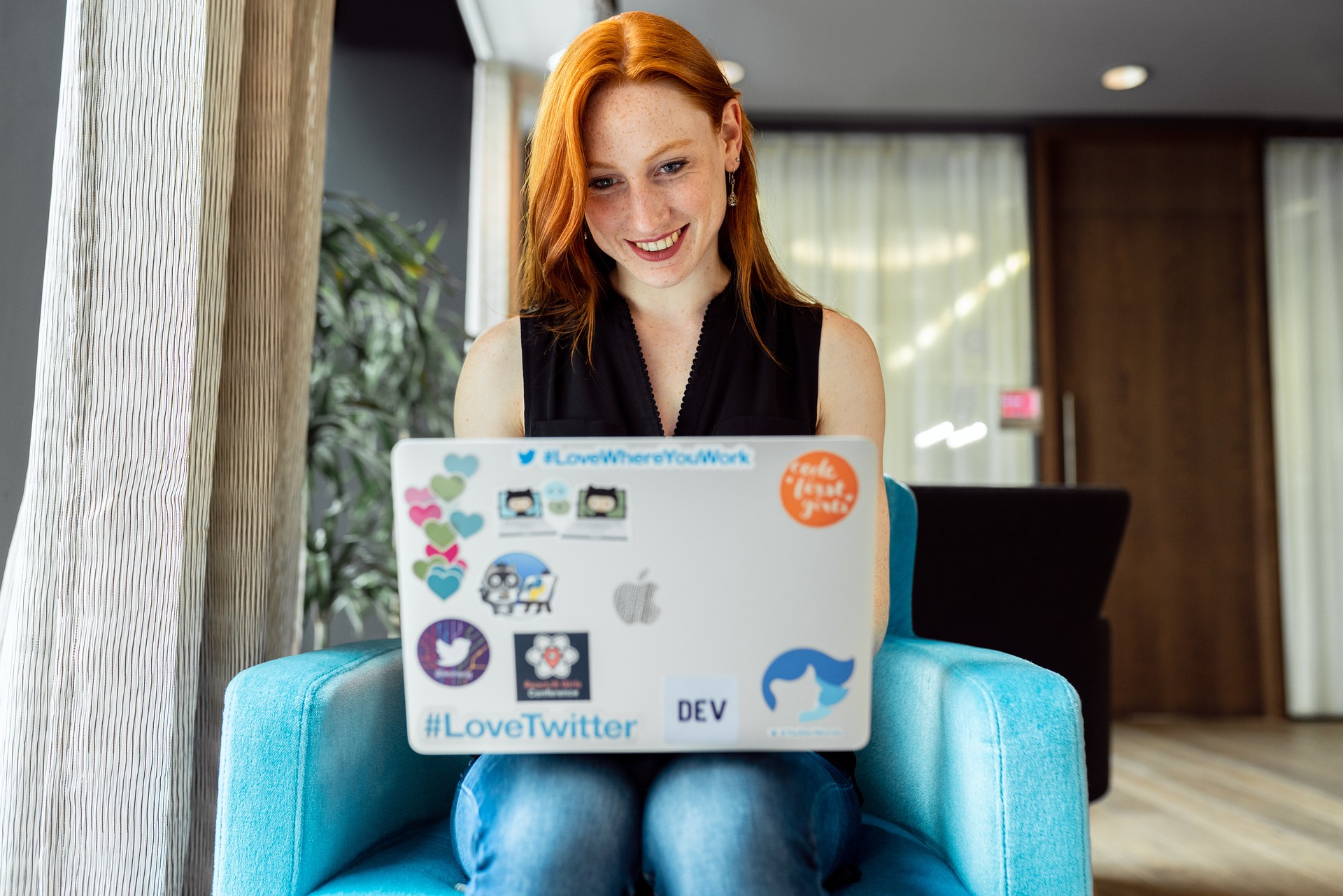Anxiety in the Digital Age: Challenges and Solutions
Anxiety disorders have become increasingly prevalent in modern society, with the rapid advancement of technology and the ever-connected digital world playing a significant role in exacerbating stress and worry for many individuals. The constant bombardment of information, social media pressures, and the blurring of work-life boundaries have created a perfect storm for anxiety to thrive. This article explores the complex relationship between our digital lives and anxiety, examining how technology has both contributed to the rise of anxiety disorders and offered potential solutions for managing them. We'll delve into the latest research, expert insights, and practical strategies for navigating anxiety in an increasingly digital world.

The Impact of Screen Time on Mental Health
Research has consistently demonstrated a correlation between increased screen time and higher levels of anxiety and depression. The blue light emitted by digital devices can disrupt sleep patterns, leading to fatigue and irritability. Additionally, the sedentary lifestyle often associated with excessive device use can contribute to poor physical health, which in turn affects mental well-being. However, it’s important to note that not all screen time is created equal – the content and context of digital consumption play crucial roles in determining its impact on mental health.
Social Media and the Comparison Trap
One of the most significant contributors to digital anxiety is the constant exposure to carefully curated highlight reels of others’ lives on social media. This can lead to unrealistic expectations and feelings of inadequacy. The pressure to present a perfect online persona can be particularly damaging to self-esteem and mental health. Moreover, the addictive nature of social media platforms, designed to keep users engaged through intermittent reinforcement, can create a cycle of anxiety and compulsive checking behavior.
Work-Life Balance in the Age of Remote Work
The COVID-19 pandemic has accelerated the trend towards remote work, blurring the boundaries between professional and personal life. While this shift has brought increased flexibility for many, it has also introduced new challenges in maintaining a healthy work-life balance. The constant availability of work-related communications can lead to difficulty in disconnecting and increased anxiety about job performance. Establishing clear boundaries and developing effective time management strategies are crucial for maintaining mental well-being in this new work paradigm.
Digital Detox: Finding Balance in a Connected World
As awareness of digital anxiety grows, so does the popularity of digital detox practices. These can range from setting designated tech-free times to more extreme measures like extended periods without internet access. While complete disconnection may not be feasible for everyone, implementing mindful tech use habits can significantly reduce anxiety. This includes setting boundaries around device use, practicing intentional consumption of digital content, and prioritizing in-person connections and experiences.
The Rise of Mental Health Apps and Online Therapy
Ironically, technology itself has become a powerful tool in managing anxiety and other mental health concerns. The proliferation of mental health apps and online therapy platforms has made professional support more accessible than ever before. These digital solutions offer a range of services, from guided meditation and mood tracking to virtual counseling sessions with licensed therapists. While not a replacement for traditional in-person therapy, these tools can provide valuable support and resources for individuals struggling with anxiety.
Mindfulness and Digital Wellness
Mindfulness practices have gained popularity as an effective approach to managing anxiety in the digital age. By cultivating present-moment awareness and non-judgmental acceptance, mindfulness can help individuals develop a healthier relationship with technology. Many organizations and schools are now incorporating digital wellness programs that teach mindfulness techniques alongside responsible tech use habits. These initiatives aim to empower individuals to harness the benefits of technology while minimizing its negative impacts on mental health.
The Role of Digital Literacy in Anxiety Prevention
As our lives become increasingly intertwined with technology, digital literacy has emerged as a crucial skill for managing anxiety and promoting overall well-being. This goes beyond basic tech proficiency to include critical thinking skills for evaluating online information, understanding the psychological impacts of digital media, and developing healthy tech habits. Educating individuals, particularly young people, about responsible and mindful technology use can play a significant role in preventing and managing digital anxiety.
Looking Ahead: Technology and Mental Health Innovation
Despite the challenges posed by our digital world, technology also holds immense potential for revolutionizing mental health care. Emerging technologies such as virtual reality, artificial intelligence, and wearable devices are being explored for their applications in anxiety treatment and prevention. These innovations promise more personalized, accessible, and effective interventions for managing anxiety in the digital age. However, it’s crucial that these advancements are developed and implemented with careful consideration of ethical implications and potential unintended consequences.
In conclusion, the relationship between technology and anxiety is complex and multifaceted. While our increasingly digital lives have undoubtedly contributed to rising anxiety levels, they have also opened up new avenues for support and treatment. The key lies in developing a balanced and mindful approach to technology use, leveraging its benefits while mitigating its potential negative impacts on mental health. As we continue to navigate this digital landscape, ongoing research, education, and innovation will be crucial in ensuring that technology serves as a tool for enhancing well-being rather than detracting from it.




